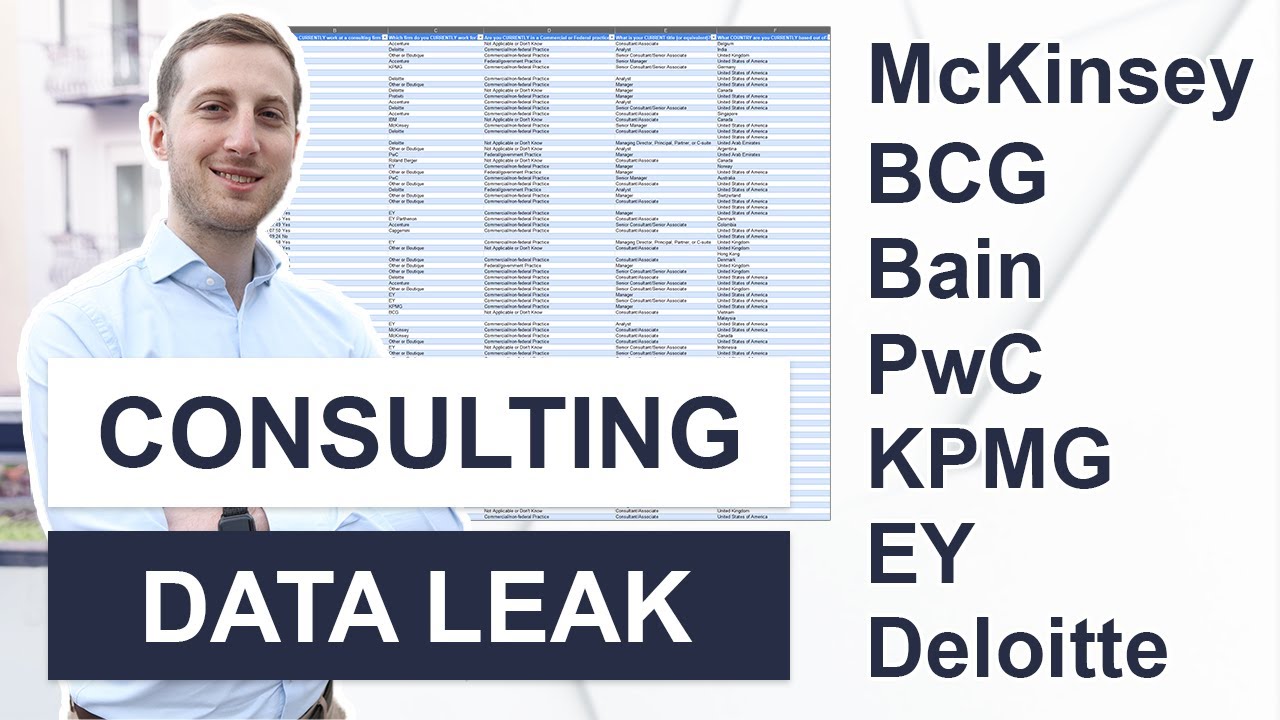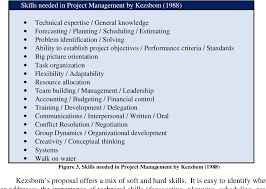
Meeting with a financial advisor is the first step in selecting one. Meeting with a financial adviser will give you the opportunity to learn more about their career, experience, and fees. The following are 8 questions to ask a financial advisor during the initial meeting. These questions will help you decide if this person is right to you. A qualified financial adviser can also give advice on your financial future.
8 questions to ask your financial advisor in a first meeting
Make sure you are clear about what to expect from your first meeting with a financial planner. Ask questions to clarify your goals and identify the most important criteria for you. This will help to build a list for questions you can ask your financial advisor. Once you have met with the advisor, take a moment to assess if they are right for you. Also, make sure to check if the financial advisor has no conflicts of interest.

The financial advisor must understand how you spend your money. This will enable them to provide advice on how to help you achieve your goals and manage finances. Some people are meticulous savers and others spend extravagantly. Ask your advisor about the household budget. You should be able ask your advisor about why your household budget has changed and how to adjust it accordingly. Lastly, make sure you get a feel for the advisor's style and personality.
Career experience
Financial advisors need to be able communicate effectively and have a good understanding of the clients' goals. They should be skilled in computer programming, including spreadsheets, and must have strong analytical and computer skills. The best preparation for a career working as a financial advisor is a degree in finance, law or business. A few financial firms require that new graduates have a minimum GPA to be hired. Financial advisors must continue their education each year after being hired.
Financial advisors often require a bachelor’s degree. Many professionals enter the industry by working for investment firms. While internships may lead to advanced degrees and certifications, it's also possible to get into this industry through an alternative route. During an internship, a financial advisor may research investments and update a client's financial plan. After they have gained experience in this area, they can open their own firm or join an existing business.
Fees
It's important that you understand the costs of a financial adviser. Many advisors charge hundreds of thousands of dollar and may not disclose other income sources such as percentages, commissions, or payouts. They may try to sell your products, even though they aren't in your best interest. In such cases, it is important to insist on full disclosure of fees right from the beginning. You can determine whether the fee structure for advisors is right for you by answering these questions.

Based on what fees you pay, the amount of advice that you receive will depend on how much you agree to pay. Some financial advisors charge less than others. It's important that you understand the costs of your advisor before signing up for their services. After all, you're paying them to help you create a financial plan, and you don't want to end up with a bad investment outcome!
FAQ
What type of contracts are available to consultants?
When they are hired, most consultants sign standard employment contracts. These agreements define the terms of the agreement, including how long the consultant is expected to work for the client as well as what he/she should be paid.
Contracts will also outline the areas of expertise and compensation for the consultant. A contract may state that the consultant will deliver training sessions or workshops, webinars, seminars and other services.
Sometimes the consultant will simply agree to complete a task within a certain timeframe.
Many consultants sign independent contractor arrangements in addition to standard employment contracts. These agreements allow the consultant not only to work for himself/herself but also provide payment.
How do I choose a good consultant?
There are three main things to keep in mind:
-
Experience - How much experience does this consultant have? Is she an expert, beginner, intermediate or advanced consultant? Does her resume demonstrate that she has the required skills and knowledge
-
Education - What did he/she learn in school? Did he/she take any relevant courses after graduating? Do we see any evidence of this learning in the way he/she writes?
-
Personality - How do we feel about this person? Would you want this person to work for you?
-
These questions are used to determine if the candidate is right for us. If the answers are not clear, it may be worthwhile to interview the candidate in person to get more information about them.
Can anyone be an advisor?
A consultant is someone who helps you achieve your goal by providing advice on how to do something better, faster, cheaper, etc.
A consultant may help you solve problems, make decisions, or negotiate with others.
For specific tasks or projects, consultants are often hired.
Actually, most consultants get paid hourly and daily rates, rather than per-project.
Do I need legal counsel?
Yes! Yes. Consultants can often create contracts with clients, without seeking legal advice. This can lead to issues down the road. If the client terminates an agreement with the consultant before the completion date, what are the consequences? Or, what happens if the consultant doesn't meet the deadlines set forth in the contract?
Avoid any legal issues by speaking with a lawyer.
What can I anticipate from my consultant
Once you select your consultant, you should expect to hear back from them within a few days. They will request information about your company including its mission and goals, products, services, budget, and other pertinent details. Next, they'll provide a proposal describing the scope and estimated time frame, fees, deliverables or milestones, as well as an estimate of costs.
If everything goes as planned, then both parties will agree to a written contractual agreement. The type and content of the contract will vary depending on whether the relationship is employer-employee/employer-independent contractor.
If everything goes as planned, the consultant may begin to work immediately. He/she will have immediate access to your internal documents, resources, and you'll be able to access his/her skillset and knowledge.
You shouldn't assume, however, that every consultant is an expert in all areas. It takes practice, effort and practice in order to be an expert in any area you consult. You shouldn't expect your consultant will know everything you need to know about your business.
How much do consultants earn?
Some consultants earn more than $100k per year, but most consultants earn between $25 and $50k. A consultant's average salary is $39,000 This includes both hourly and salaried consultant.
Salary depends on the experience of the consultant, their location, industry, type and length of the contract (contractor or employee), as well as whether they have their own office or work remotely.
Statistics
- According to statistics from the ONS, the UK has around 300,000 consultants, of which around 63,000 professionals work as management consultants. (consultancy.uk)
- 67% of consultants start their consulting businesses after quitting their jobs, while 33% start while they're still at their jobs. (consultingsuccess.com)
- My 10 years of experience and 6-step program have helped over 20 clients boost their sales by an average of 33% in 6 months. (consultingsuccess.com)
- Over 62% of consultants were dissatisfied with their former jobs before starting their consulting business. (consultingsuccess.com)
- So, if you help your clients increase their sales by 33%, then use a word like “revolution” instead of “increase.” (consultingsuccess.com)
External Links
How To
How to Find the Best Consultant
It is important to first ask yourself what you expect from a consultant when searching for one. You should know exactly what your expectations are before you start searching for someone. Before you start looking for a consultant, make a list. These could include professional expertise, technical skills and project management abilities, communication skills, availability, and other things. You might also want to talk with colleagues or friends about their recommendations. Ask your friends or colleagues about any negative experiences they have had with consultants, and compare their recommendations with yours. You can also do some online research if you don't know of any. There are many websites that allow users to leave feedback about their previous work experiences, such as LinkedIn and Facebook, Angie's List or Indeed. Look at the ratings and comments left by others and use this data as a starting point for finding potential candidates. Once you have a short list of candidates, contact them to arrange an interview. In the interview, discuss your needs and ask them for their suggestions on how you can achieve them. It doesn't matter if they were recommended to your company; all that matters is that they are able to understand your business goals and show how they can help.